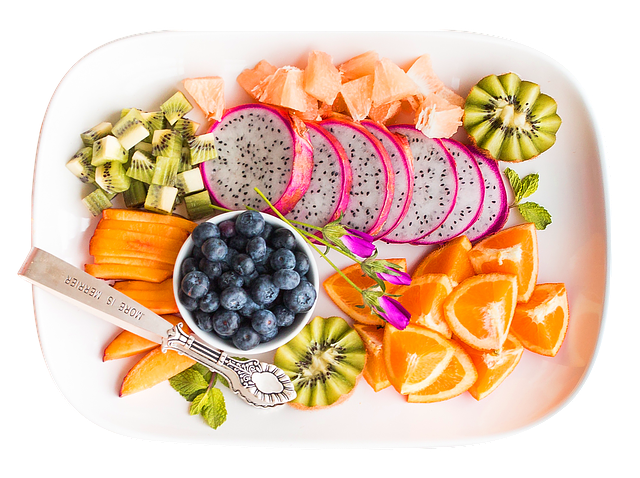Skin Health
What is the Skin ?
The skin, being the largest organ of the body, plays a crucial role in safeguarding internal organs from the external environment. Functioning as the primary defence mechanism of the immune system, it serves as a protective barrier. Additionally, the skin is instrumental in the synthesis of Vitamin D. Comprising multiple layers, the outermost layer, known as the epidermis, shields the body from harmful chemicals and UV radiation. Beneath it lies the dermis, responsible for temperature regulation and collagen production. The innermost layer, the hypodermis, acts as an insulator by connecting the skin to other body tissues and organs. Optimal skin health is vital for overall well-being.
Functions of the skin
The skin is often neglected when thinking of vital body organs. However, it is important to note that the skin performs many essential functions some of which are..

IMMUNE FUNCTION

MOISTURE REGULATION

DETOXIFICATION

VITAMIN D SYNTHESIS

TEMPERATURE REGULATION

Skin Conditions
Skin conditions involve a diverse range of disorders impacting the appearance, texture, and well-being of the skin. Some of these conditions may be temporary, arising from specific situations, while others could be genetically influenced or indicative of underlying health concerns.
Here are some common skin conditions
ACNE
COLD SORE
ECZEMA
ROSACEA
HIVES
PSORIASIS
DERMATITIS
VITILIGO
How can Nutritional Therapy help improve skin health ?
Diverse factors contribute to skin problems, emphasizing the importance of identifying underlying causes for lasting results and overall well-being. Internal factors like gut health and detoxification challenges are often linked with these issues. Nutritional therapy serves as a crucial element in optimising skin health and addressing a range of skin concerns. Explore how nutritional interventions can have a significant impact on promoting skin well-being and managing various skin issues:

Reduce inflammation
Inflammation does play a role in certain skin conditions. Nutritional therapy can be beneficial in managing such conditions and promoting overall skin health by modulating the immune system and reducing inflammation. Foods like fruits, vegetables, fatty fish, nuts, seeds, and whole grains, are rich in antioxidants, phytochemicals, and omega-3 fatty acids that can help support a healthy inflammatory response.

Optimise gut health
The gut and the skin are closely linked. An imbalanced gut microbiome, poor digestion, or intestinal permeability (leaky gut) can all be a trigger for developing skin issues. Nutritional therapy can help optimise gut health to support digestion, enhance nutrient absorption, and promote a healthy gut microbiome, which can have a positive impact on skin health.

SUPPORT NUTRITIONAL BALANCE
Maintaining a balanced intake of nutrients is important for promoting healthy skin. Nutritional therapists can evaluate an individual's diet and help optimise nutrient intake to support skin health. For instance, inadequacies in omega-3 fatty acids, zinc, vitamin A, vitamin E, and vitamin C have been associated with various skin problems.

